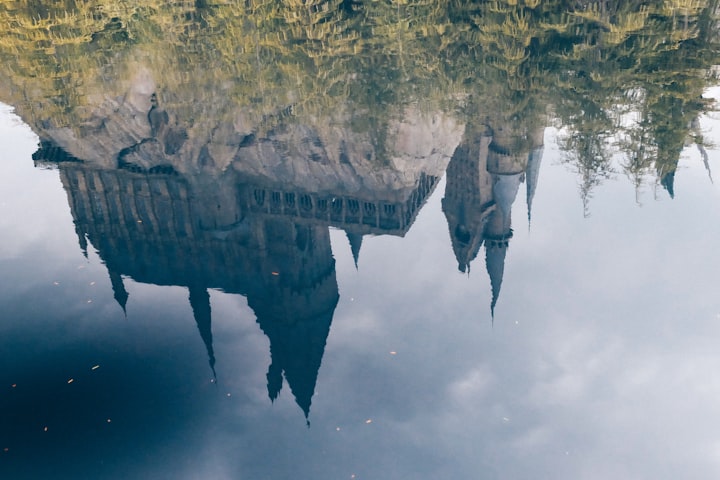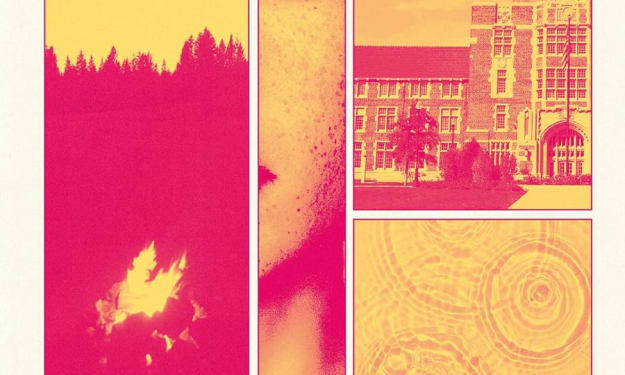
Continuing our series of philosophical and societal themes in the Harry Potter movies (check out the article on Ethics and Morality, and also the article on Identity and Psychology), the Harry Potter movies also explore the themes of power and politics.
Here are some top-level highlights, as entire theses have been written on this topic.
The Nature of Power in the Harry Potter Movies
The conflict between the Ministry of Magic and the forces of Voldemort is one obvious theme. The Harry Potter series raises questions about the nature of power, the ethics of using power to achieve one's goals, and the relationship between power and justice.
One of the central questions raised by the series is whether those in power have a moral obligation to use that power for the greater good. Characters like Cornelius Fudge and Dolores Umbridge abuse their power, using it to further their own interests at the expense of others. In contrast, characters like Dumbledore and Harry struggle to use their power ethically, sometimes making difficult choices in the pursuit of a greater good.
The Ethics of Using Power in the Harry Potter Series
The series also explores the ethics of using power to achieve one's goals. Characters like Voldemort and his followers use violence and coercion to gain power and achieve their aims. This raises questions about the ethical implications of using violence and coercion to achieve political and personal goals.
Additionally, the series explores the relationship between power and justice. Characters like Hermione and Ron fight against oppressive systems and work to promote equality and justice for all. This raises questions about the role of power in promoting or hindering justice.
Hermione specifically champions the freedom of house elves. She forms S.P.E.W. (Society for the Promotion of Elfish Welfare). And while her efforts are largely ineffective at first, she is using what little power (and information) she has, in addition to making personal choices to act on her convictions.
Even the relatively powerless Rubeus Hagrid, the Keeper of Keys and Grounds at Hogwarts, even Hagrid wields what little power he has to advocate for helpless creatures, no matter how (perceived) dangerous.
Power and Politics in Harry Potter's World
The theme of power and politics is also explored through the series' portrayal of institutional power. The Ministry of Magic is depicted as corrupt and ineffective, with officials more concerned with maintaining their power than with serving the public good. This raises philosophical questions about the nature of institutional power and the ways in which it can be abused.
Let's use the most obvious example of Professor Umbridge, and her progressive growth of abuse of power.
Umbridge is a character who embodies the corruptive influence of power and politics, and her actions have profound consequences for the characters and the wider wizarding world.
Throughout the series, Umbridge's pursuit of power is characterized by a desire for control and conformity. She is appointed as the Defense Against the Dark Arts professor at Hogwarts, and quickly establishes a strict regime of rules and regulations that stifle creativity and individuality. She also uses her position to persecute and silence those who oppose her, such as Harry Potter and Dumbledore's Army, who she sees as a threat to the Ministry's authority.
Umbridge's actions reflect a wider political agenda within the Ministry of Magic, which seeks to maintain control over the wizarding world and suppress dissent. This is seen most clearly in the Ministry's denial of Voldemort's return and its attempts to discredit and silence those who speak out against it. The Ministry's use of propaganda, censorship, and secret police tactics mirrors real-world examples of authoritarian regimes.
The theme of power and politics in the Harry Potter movies is not simply a matter of good versus evil, but rather a nuanced exploration of the complexities of power and its corrupting influence. The Ministry and Umbridge represent a dark side of politics, in which the pursuit of power can lead to the erosion of individual rights and freedoms. By contrast, characters like Harry, Dumbledore, and the Order of the Phoenix represent a more positive form of politics, one that is grounded in values such as justice, equality, and compassion.
Overall, the theme of power and politics in the Harry Potter movies highlights the importance of remaining vigilant against abuses of power, and the need to stand up for individual rights and freedoms in the face of authoritarianism.
Overall, the Harry Potter movies raise important philosophical questions about the nature of power, the ethics of using power to achieve one's goals, and the relationship between power and justice. These themes provide rich material for exploring philosophical concepts related to power and politics.
About the Creator
Angela Schnaubelt
Stage 4 cancer survivor and thriver. Marketing strategist and business development coach for alternative health practitioners. World traveled, intelligent and ambitious yet heart centered. Lover of nature, animals, and life!!
Enjoyed the story? Support the Creator.
Subscribe for free to receive all their stories in your feed. You could also pledge your support or give them a one-off tip, letting them know you appreciate their work.






Comments
There are no comments for this story
Be the first to respond and start the conversation.